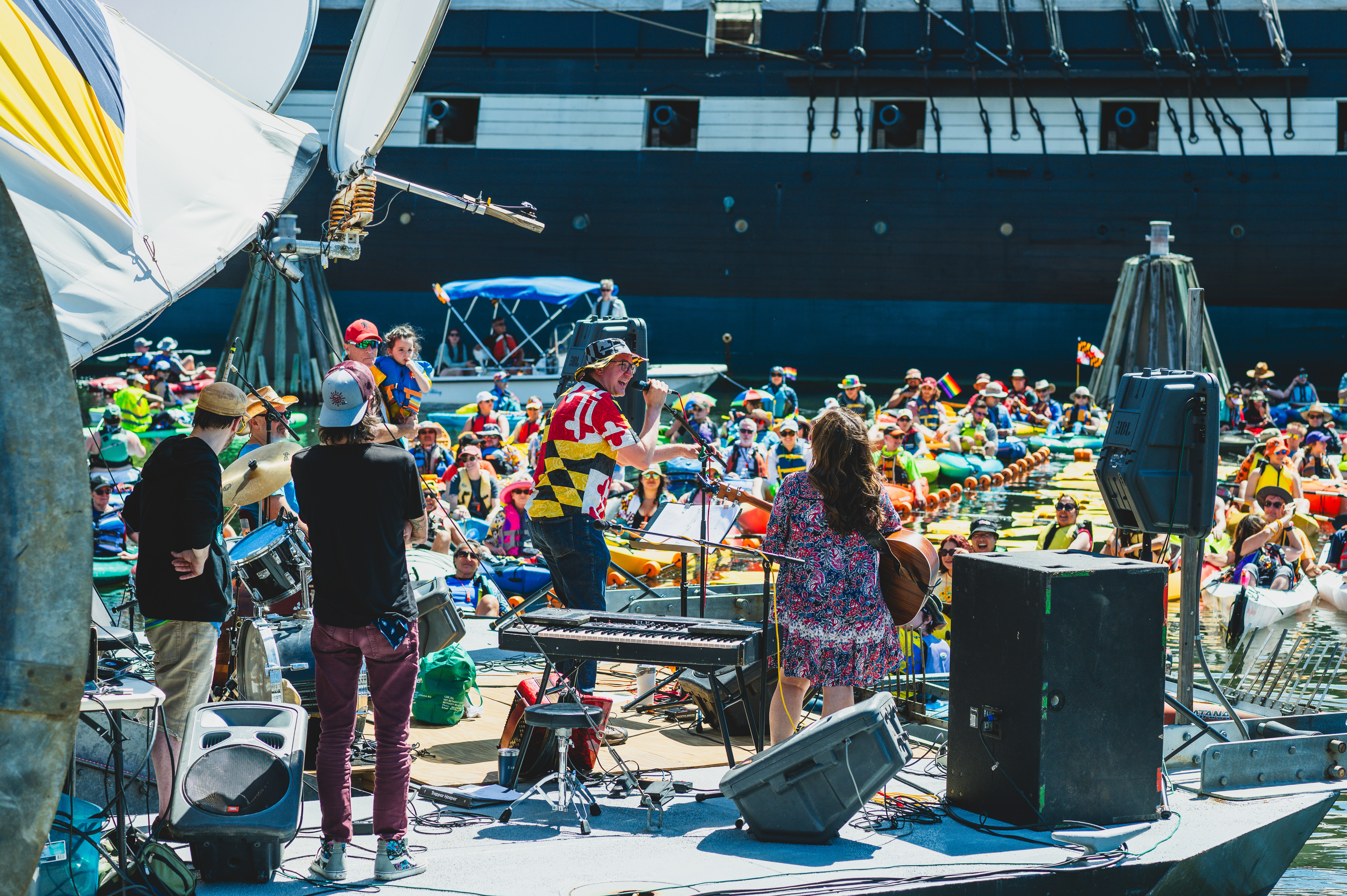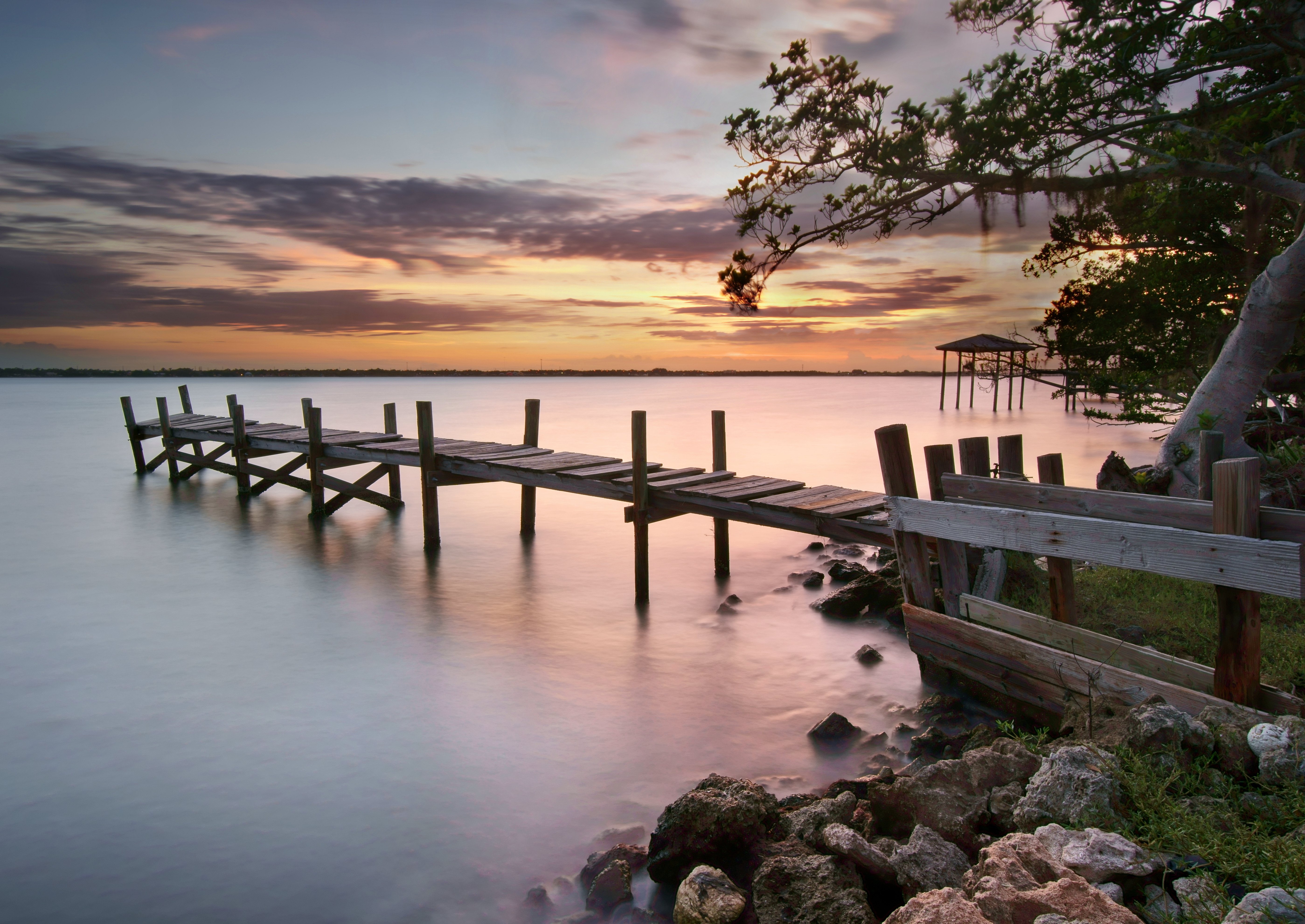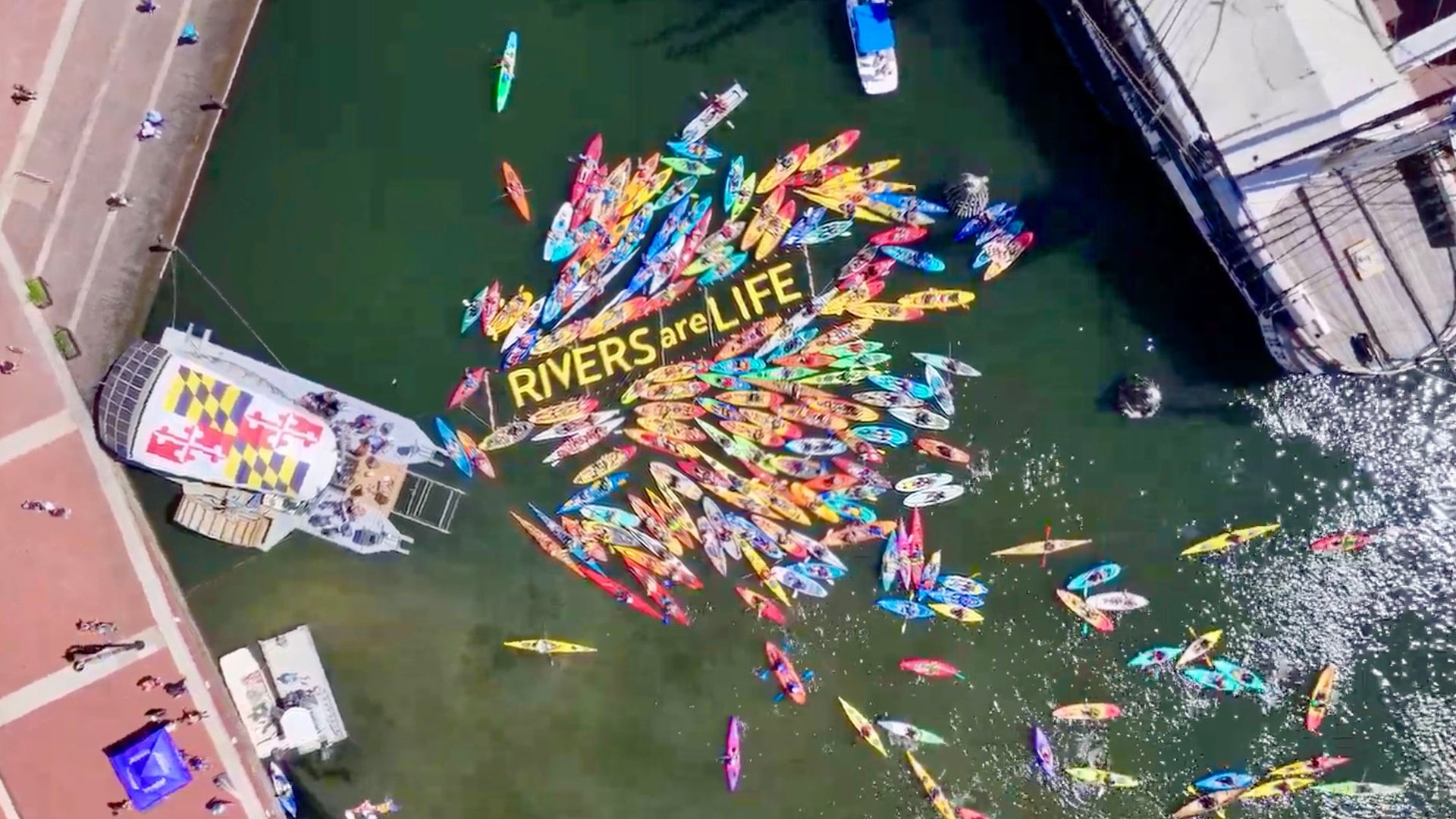Top 10 Ways Floating Villages in Tonlé Sap Rely on River Health
Tonlé Sap is a unique and biodiverse freshwater lake in Cambodia that hosts a series of floating communities. These communities, often referred to as "floating villages," have developed a remarkable way of life, intricately tied to the health of the Mekong River. It is said that the first two things a child learns in these floating villages are how to swim and row a boat.
Join us as we explore the top 10 ways these floating villages rely on the health of this vital waterway.
- Freshwater Supply - The Mekong River is the primary source of freshwater for the floating villages in Tonlé Sap Lake. These villages rely on clean, unpolluted water from the river for drinking, cooking, and various household needs. A healthy river ensures a consistent and safe water supply for the residents.
- Waste Management - Proper waste disposal is critical to maintaining a clean and habitable environment in Tonlé Sap's floating villages. A healthy river system can help facilitate efficient waste removal and filtration, reducing the environmental impact of these communities and ensuring a cleaner living environment.
- Transportation - The Mekong River serves as the highway for these villages. A well-maintained and navigable river system allows for the transportation of goods and people to and from the floating villages, promoting economic activities and community connectivity.
- Ecosystem Services - Tonlé Sap's river and lake ecosystems provide invaluable services to the floating villages, including flood control, water purification, and opportunities for fishing and agriculture, enhancing the quality of life for those who call the lake home.
- Fishing and Food Sources - Many floating villages in Tonlé Sap heavily rely on fishing as a primary source of food. A healthy river and lake ecosystem with abundant fish populations ensures a sustainable and reliable food source for these communities, reducing their dependence on external resources.
- Renewable Energy - Some floating villages in Tonlé Sap harness the power of the river's currents for renewable energy generation, such as electricity. A healthy river with a consistent flow of water can provide a reliable source of clean energy, reducing the communities' environmental footprint.
- Tourism and Economy - Tourism plays a significant role in the economies of Tonlé Sap's floating villages. A clean and picturesque river environment attracts tourists, boosting local businesses and creating job opportunities within these unique settlements.
- Water-Based Agriculture - The cultivation of rice and aquatic vegetables, like mung beans and corn, is essential for food production in some floating villages. A healthy river system with access to fertile floodplains is necessary for irrigating these crops, ensuring a sustainable source of nutrition.
- Climate Resilience - Floating villages in Tonlé Sap are vulnerable to climate change impacts, including flooding and extreme weather events. A well-managed and healthy river system can help mitigate these risks by regulating water flow and preventing erosion, thereby enhancing the communities' resilience.
- Cultural and Social Wellbeing - The Mekong River holds significant cultural and spiritual importance for the residents of the floating villages. Its health is integral to their identity, sense of belonging, and traditional ways of life. Preserving the river's health is crucial for the cultural and social wellbeing of these communities.
Tonlé Sap's floating villages exemplify human adaptability and resilience in a unique environment. Their sustainability is intimately linked to the health of the Mekong River and the lake ecosystem. By recognizing and addressing the importance of river health to these floating villages, we can work towards a future where they continue to thrive in harmony with their natural environment, preserving their rich cultural heritage and unique way of life on the waters of Tonlé Sap.
To get a glimpse of this unique way of life, watch Life Afloat, by Rivers are Life, which chronicles a day in the life of a man whose family lives in a floating community on Tonlé Sap.
Share this
You May Also Like
These Related Stories

350 Paddlers See Baltimore’s Beauty Firsthand at Baltimore Floatilla, Sponsored by Rivers are Life

Nurturing Nature in the Indian River Lagoon

